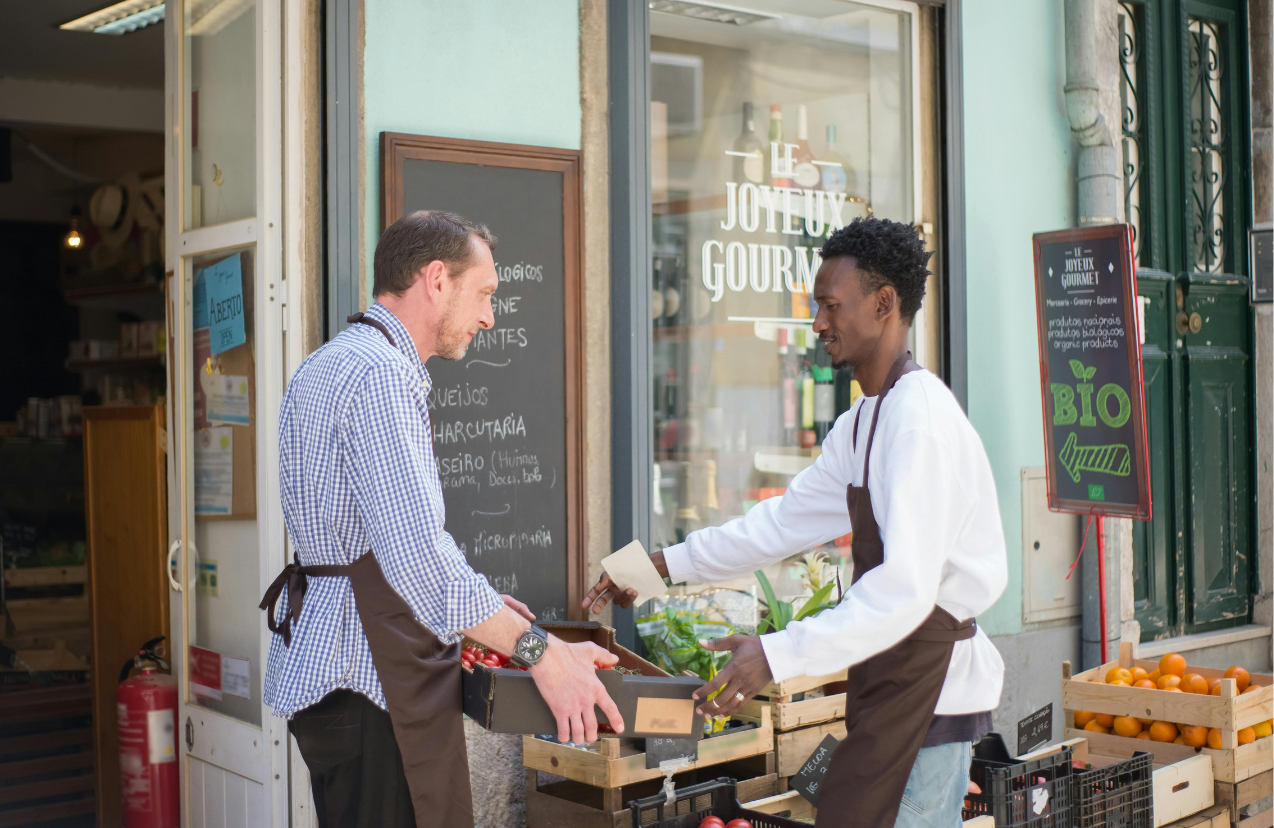
Most commuter benefit programs were built around the 9-to-5 office lifestyle; subsidized transit passes, monthly parking discounts, the occasional Uber or Lyft ride, etc. But for retail and hospitality workers, those benefits don’t always work. Their schedules are often early, late, or constantly shifting and don’t always line up with transit schedules and finding parking. They’re required to be in-person for every single shift, and being on time isn’t optional, it’s essential. Traditional commuter benefits just weren’t designed with them in mind.
That mismatch between what’s offered and what’s needed is one reason why so many in these sectors struggle with reliable and stress-free commuting, and why modern commuter benefits, like those Ridepanda offers, can make such a big difference.
It’s time to reimagine what commuter benefits look like for this workforce.
Retail and hospitality workers can’t rely on a one-size-fits-all approach to commuting. Here’s why the old system doesn’t work:
Simply put, traditional commuter benefits were built for office workers, not for the reality of retail and hospitality.
Unlike many jobs today, retail and hospitality workers don’t have the option to work remotely. They need a reliable way to get to work every single day. And in industries where being on time directly impacts customer experience, an unreliable commute isn’t just inconvenient, it can ripple across the entire business.
At the same time, turnover is notoriously high in these sectors. The hospitality industry is in a constant war for talent that directly affects productivity. In the first half of 2025, the U.S. Bureau of Labor Statistics (BLS) reported that the leisure and hospitality sector contributed a large majority of net new jobs, but also had a nearly 5% quit rate as of July 2025 (double the national average), indicating a major retention challenge.
Recruiting and training new staff is costly, and every retention gain matters. Offering modern commuter benefits is a powerful way for employers to show they understand their employees’ real challenges, and that builds loyalty with their teams.
That’s where Ridepanda comes in. We partner with employers to offer e-bikes, scooters, and pedal bikes as commuter benefits, giving retailers and those in the hospitality industry a transportation option that truly fits the needs of their employees.
With Ridepanda, employees can access reliable, affordable, and sustainable commuting options. Here’s why that matters:
This isn’t just a benefit. This can be a lifeline for shift-based employees who need reliability above all else.
Most employers know how to provide the “big” benefits like health insurance, retirement plans (401ks, etc.), maybe even a gym membership here and there. But what often gets overlooked are the everyday benefits that directly impact how employees experience their work and their lives outside of it.
For retail and hospitality workers in particular, the commute is one of the biggest stressors: shifts start early, end late, and always require being on-site. Overlooking commuter benefits in these industries means missing a huge opportunity to make employees’ lives easier, reduce daily stress, and show them their time and well-being matter just as much as their long-term financial health.
When you introduce something like Ridepanda, workers feel valued, supported, and are more likely to stay. And in industries with historically high turnover, that’s a game-changer.
It’s time to stop treating commuter benefits as an afterthought. For retail and hospitality workers, they can make the difference between a stressful, unreliable commute and one that empowers them to show up on time, everyday.
By offering e-bikes and scooters as commuting options, employers are solving a real problem and giving their teams the freedom to get to work reliably, affordably, and sustainably. Because when commuting works, everything else does too.
Ridepanda makes commuter benefits modern, practical, and designed for today’s workforce. For retail and hospitality workers, that’s more than a benefit, it’s a necessity.
By submitting this form you agree to receive communications by text message about my inquiry.
You may opt-out by replying STOP or ask for more information by replying HELP. Message frequency varies. Message and data rates may apply. You may review our Privacy Policy to learn how your data is used.